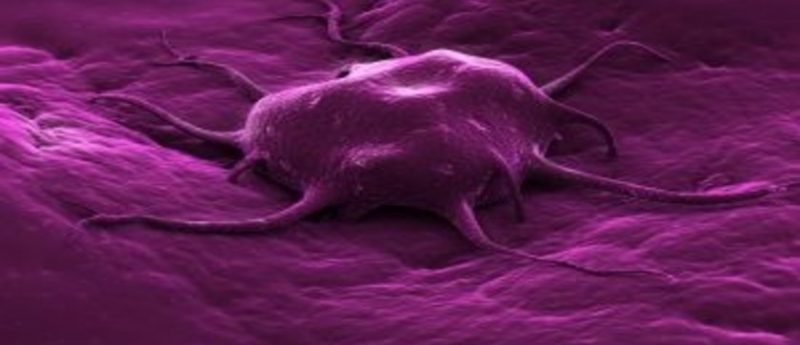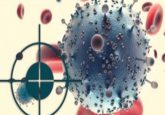Interferon may not be beneficial for stage III melanoma patients

The results of the Sunbelt Melanoma Trial, which recruited its first participants in 1997, have revealed that due to improvements in diagnostic techniques for the disease, interferon treatment is no longer beneficial for the majority of stage III melanoma patients. The trial results were published recently in the Journal of Clinical Oncology.
Interferon was originally approved by the FDA for melanoma based on a trial of patients with multiple large, palpable lymph nodes linked to cancer. However the later development of sentinel lymph node (SLN) biopsy enabled physicians to detect microscopic amounts of cancer in lymph nodes that couldn’t previously be detected by hand. Kelly McMasters (University of Louisville; KY, USA), who was the principal investigator on the recent trial, therefore wanted to determine whether interferon therapy was necessary in a lower risk group of stage III patients.
During the Sunbelt trial, over 3600 participants with low levels of melanoma within a single lymph node, detected through the use of SLN biopsy or polymerase chain reaction, were recruited. Individuals were then either treated with high-dose interferon therapy or simply observed for 10 years to determine disease-free survival and overall survival.
“What we found was that there was no evidence that interferon was necessary or helpful for this substantial group of melanoma patients. That saves many patients the toxicity and expense of interferon therapy, which is like having the flu, only worse, for a whole year. While the study did not quite meet its accrual goals and was underpowered to detect very small differences in survival, there was not even a trend for improvement in survival with interferon. Based on these findings, it would be hard to recommend interferon therapy for patients with minimal cancer in just one lymph node,” commented McMasters.
On other treatment options for these patients, McMasters remarked: “Newer studies of melanoma adjuvant therapy using immune checkpoint agents, such as PD-1 inhibitors, show much promise. I think more work needs to be performed to understand the significance of molecular detection of melanoma cells in the lymph nodes and in the circulating bloodstream. We now suspect that melanoma, as with other cancers, routinely sheds cancer cells into the lymphatic system and bloodstream, and that a small minority of these cells that have the ability to evade the immune system, attach, invade, develop their own blood supply and grow, will become metastatic tumors.”





